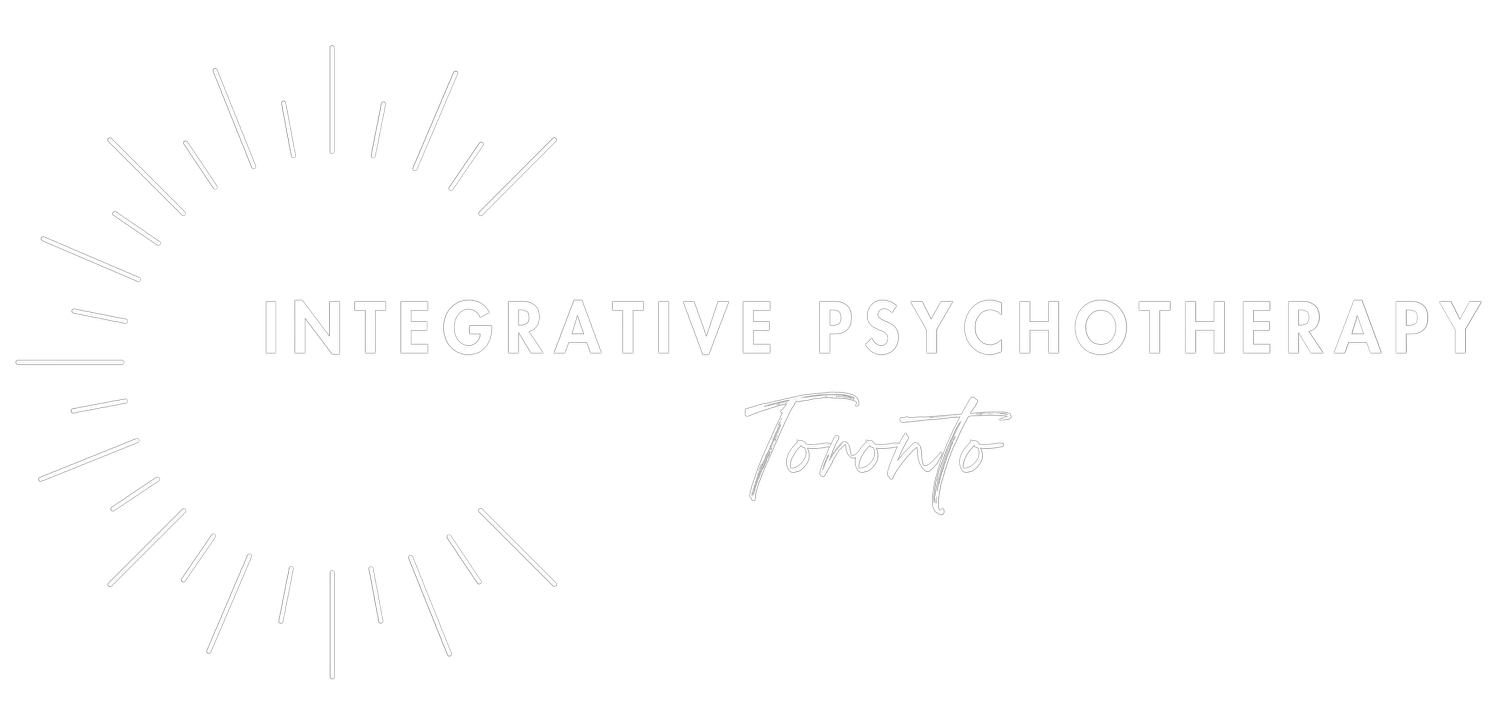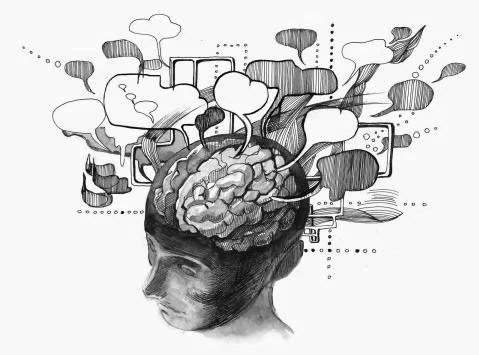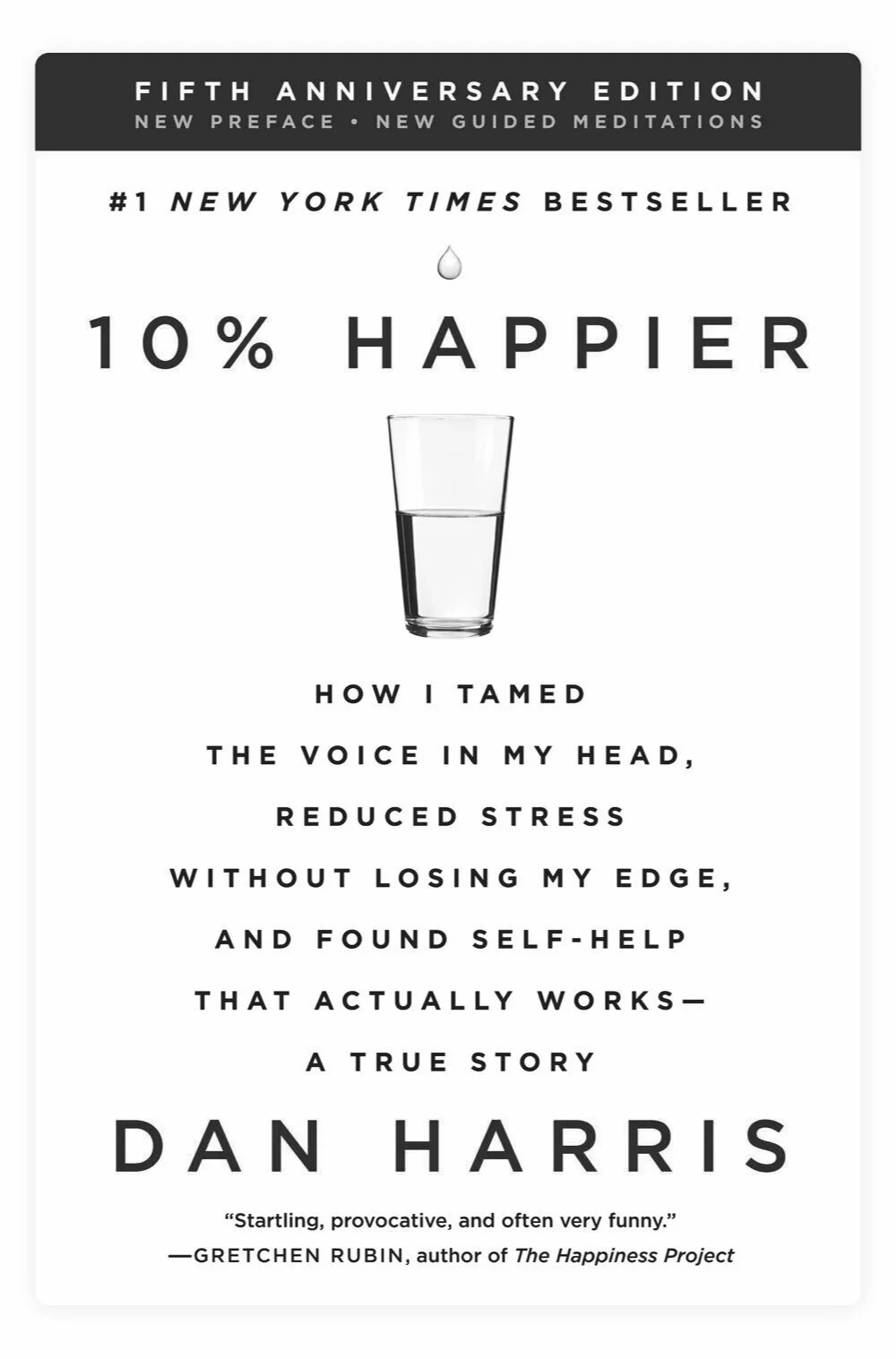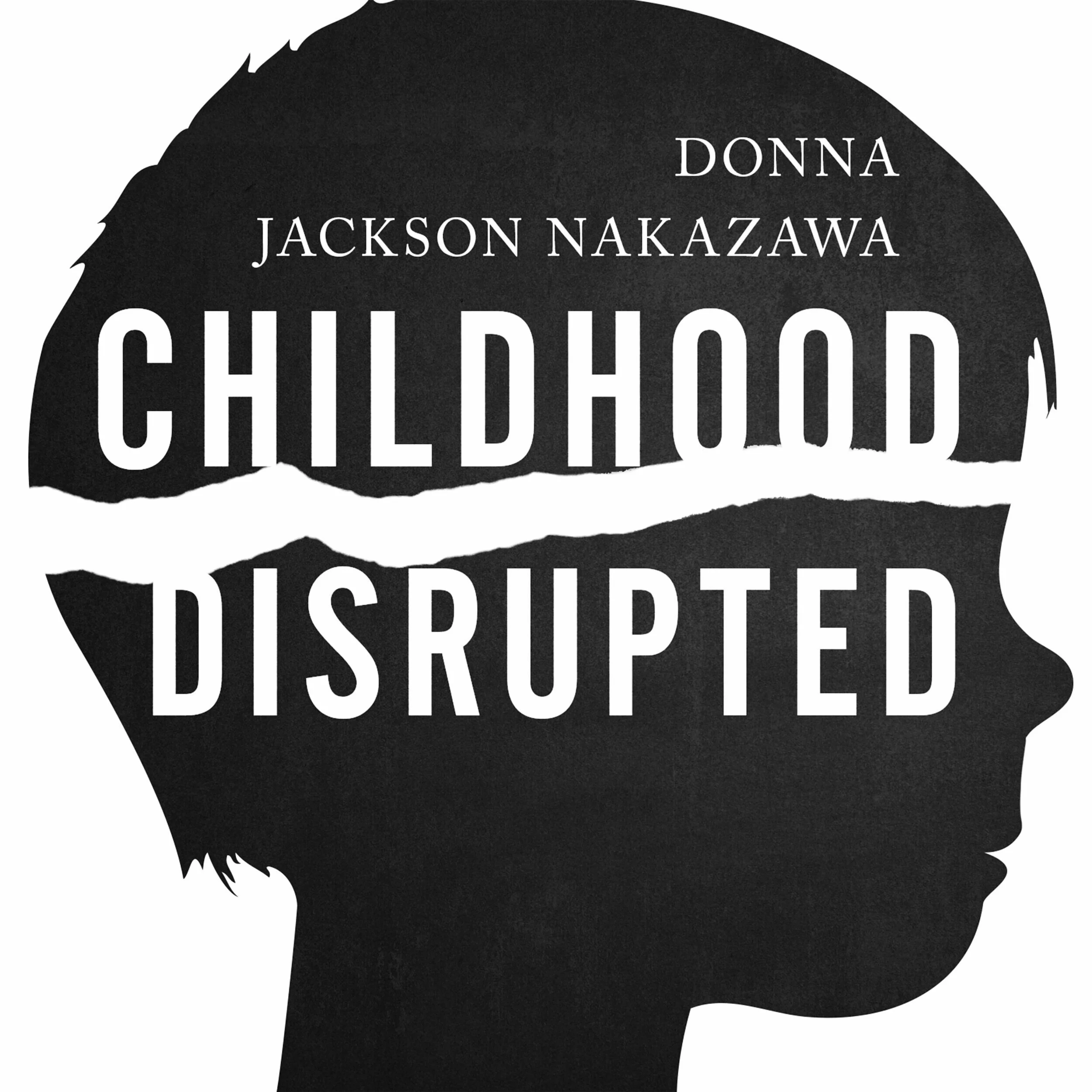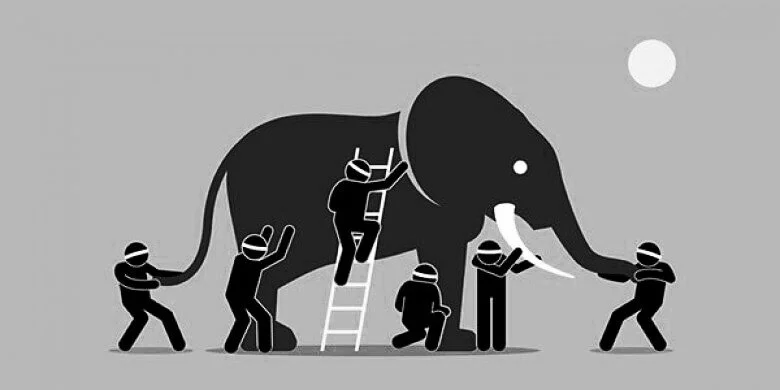Blog Posts
Discover how couples therapy can heal communication breakdowns, rebuild trust after betrayal, and deepen emotional intimacy. Whether you’re feeling disconnected or facing major challenges, therapy can help you reconnect—or find clarity about your next steps.
Couples therapy is a guided journey toward deeper connection and understanding. Whether you’re navigating conflict or looking to reconnect, therapy offers tools to rebuild trust, improve communication, and strengthen your bond. Discover what it’s like and take the first step toward a more fulfilling relationship.
Discover how Internal Family Systems therapy uses neuroscience to create transformational change. Understand your inner world, heal trauma, and connect with your authentic Self through this groundbreaking approach.
Curious about breathwork? Discover what to expect in your first journey, from the rhythms of breathwork to the emotional and mental release it brings. Learn how this healing practice fosters clarity, resilience, and self-connection.
Deep Brain Reorienting (DBR) is a breakthrough therapy that targets trauma at its deepest level, reorienting brain pathways to help clients move past painful memories. This gentle, neuroscience-based approach helps with PTSD, anxiety, and feelings of being “stuck.”
Somatic Therapy, a body-based approach to healing, taps into the mind-body connection to release stress, anxiety, and trauma stored in our physical self. Discover how somatic experiencing can help you find calm and reconnect with your body in Toronto.
Videos












Things I Love
There are a few things that have been pivotal in my personal journey. Therapy is one. Mediation is another. 10% Happier wasn’t around when I first found meditation, but I wish it had been. Dan Harris’ funny, accessible and relatable account of his own personal journey with panic and meditation is something I would love to gift my younger self.
I often (semi) joke if you want to spend less time and money in therapy, have a meditation practice. It’s not a cure-all, I’m not claiming it’s a substitute for therapy, but the skills you develop through meditation are hugely helpful to therapy, healing and mental wellbeing.
Chapter I
I walk down the street.
There is a deep hole in the sidewalk
I fall in.
I am lost ... I am helpless.
It isn't my fault.
It takes me forever to find a way out.
I have a conflicted relationship with this book. At times I read it and I wonder if it might contain the secret of life. Other times I read it and I roll my eyes. But I keep coming back to it. So there’s that.
Another one of my favourite books discussing how trauma and difficult experiences can, when left untreated, have life long impacts. Donna Jackson Nakazawa does a wonderful job of explaining how the things that we experience, particularly in childhood, can create physiological changes that stretch through time and continue to affect us even decades later.
It was six men of Indostan
To learning much inclined,
Who went to see the Elephant (Though all of them were blind),
That each by observation
Might satisfy his mind.
The Body Keeps the Score is one of my top book recommendations for understanding how trauma affects the brain, mind and body.
This book was a jumping off point for me into an area of experience that has now become very close to my heart.
Robert Wright offers a fantastic overview of naturalistic, secular Buddhism. Setting aside the mystical aspects of Buddhism as a religion, Wright focuses solely on Buddhism as a philosophy and it’s implications on psychology.
